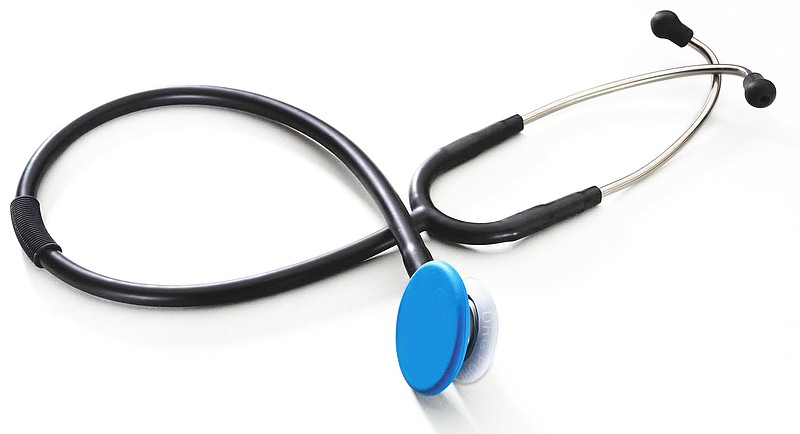In recent years, consumers have been shocked by steep price increases in prescription drugs such as EpiPen, Naloxone and Daraprim. The latter drug gained notoriety when the company that owns the drug increased the price of a single dose from $15 to $750, where it remains today. Many other pharmaceuticals have stayed below the radar of public scrutiny by posting smaller increases for their companies' products.
Consider the case of lenalidomide.
Lenalidomide (trade name Revlimid) gained approval from the Food and Drug Administration in 2006 as a new therapy for multiple myeloma, a bone-marrow malignancy. When paired with the steroid dexamethasone, the drug became a trusted weapon in combating this disease. Patients may need to remain on the drug indefinitely. Life expectancies for many patients increased by years. Subsequently, indications for the drug's use were broadened to include a type of lymphoma and marrow abnormality, myelodysplastic syndrome.
Lenalidomide is derived from thalidomide, a drug that caused severe birth defects in the 1960s.
Each year since 2010, the manufacturer has raised the wholesale acquisition cost of lenalidomide - 6 percent in 2011 to 19.7 percent in 2017, for a yearly average of almost 8 percent. The price of the drug has doubled in that eight-year interval. A sharp rise in price affects consumers, who face co-payments, and insurers, who must raise their premiums.
Drug manufacturers cite the high costs of developing and testing new medications as a justification for a drug's high price. A report in Scientific American in 2014 estimated this cost at $2.5 billion. A new drug that fails in its final clinical trials might cost its manufacturer millions of dollars.
Once a new drug is approved, its price might be raised if the cost of production had increased. Alternately, the price increase might cover losses that the company sustained in other product lines. The increase might be enacted simply to increase profits.
GoodRx, an online prescription service, lists $13,818 as the best retail price for a 21-day supply of lenalidomide capsules. The drug is typically taken for 21 consecutive days followed by a seven-day rest. Each day's capsule costs $658. Health insurance plans will cover varying amounts of the charge. For example, Medicare Part D prescription plans may have a co-payment of 20 to 33 percent for so-called "specialty" drugs, which include drugs such as lenalidomide.
My attempts to discuss pricing with the manufacturer of lenalidomide failed. I sought a justification for the price increase. Also, I wanted to know where the drug was manufactured since far lower prices are listed by Indian manufacturers.
A drug manufacturer may sponsor assistance plans for persons who are uninsured. A person may receive the drug at no cost or may receive assistance in covering his co-payment. An oncologist informed me that no patient goes without needed chemotherapy, although varying amounts of red tape must be addressed to obtain free or discounted medications.
Pharmaceutical companies can set their prices and raise them as they please. Powerful lobbyists assure that Congress will not intervene. Concerns of consumers are ignored.
If our legislators listened, they might:
» Establish a pricing commission to determine costs and a fair profit for new drugs and new formulations of older agents. The commission also would review proposals for raising the retail price of a drug to determine if the increase was justified
» Ban televised advertisement for prescription drugs. These drive demand with no reference to cost to the consumer and little attention to potential side effects.
» Allow importation of less-expensive medications from overseas.
Concerned consumers can bolster their case by sending copies of receipts of expensive medications to their legislators so that they will begin to understand the financial burdens borne by their constituents.
Clif Cleaveland, M.D., is a retired internist and former president of the American College of Physicians. Email him at ccleaveland@timesfreepress.com.

